2020 Digital Humans in Healthcare - Our IP Update
Marie and Allan Johnson 2011 Melbourne Marathon, the full 42 km 5 years after open-heart surgery.
Following the global webinar on “Digital Humans in Healthcare”, the IP on the digital human cardiac coach and digital human health coach model created by Allan Johnson and myself, had been released onto GitHub for a period of two years. It has now been removed from GitHub, as the IP and methodology is currently being updated. The recording of the webinar is on YouTube.
I am deeply honoured to have my great colleague Chris Hillier on his phenomenal ground-breaking vision and work of the cardiac and other healthcare teams and executive leadership at the New Hanover Regional Medical Center, in Wilmington North Carolina. You are incredible humanitarians driving global innovation.
There are no short-cuts. This IP, R&D and methodology is a work-in-progress as this is such a new and rapidly evolving field. But it is our hope that this democratised IP becomes an accelerator to be built upon and made even better.
Significantly, the IP and methodology that I cover in this webinar is applicable to government servicing and other industries.
What I share, are the discoveries Allan and I have made and our insights on the common patterns of conversations in chronic disease and disability.
I talk about the impact of health illiteracy on service delivery – and the lack of understanding of health illiteracy on service design.
This is a body of knowledge that starts to describe a way to address the impact of health illiteracy on machine learning.
And the only way this can be done is through co-design. I’ll be writing more about these insights in due course.
For topical interest I have included some commentary in the webinar on the current rush of Covid-19 apps, chatbots, virtual assistants, and digital humans that have been rushed to market over the past few months. These still do not address the underlying issues of health illiteracy.
For those of you who couldn’t attend the webinar, the recording is available on YouTube.
The webinar presentation goes well beyond the higher-level issues of health illiteracy and accessibility to explain our thoughts on and approach to the challenges of co-design, machine learning, conversation design, content creation and digital human health coach business cases and other topics of interest.
Getting to this point has been a roller coaster of joy and pain since 2006.
Allan’s health is often very fragile and there have been many times when he has had to ‘down tools’ on his part of the project whilst he is in hospital and then recovering. As his carer my focus also has to change during these difficult times.
The current COVID-19 pandemic has prematurely ended the lives of many heart patients; I wrote about this recently (Telehealth and the Tale of Two Pandemics” in InnovationAus). We would have liked to continue our development work, but we started the project to help others and there is a dire need right now.
Around the world heart patients are being denied cardiac rehabilitation or, at best, offered hastily pulled together telehealth based on video software that is difficult for both healthcare teams and patients to use. The AI powered Digital Human Cardiac Coach - the AI powered Digital Human Health Coach model more broadly – offers a new approach for the future.
Finally, a big thank you from all of my family to those of you working in the health sector. At the best of times your task is challenging. In the current environment it verges on the impossible and your continued professionalism and empathy is greatly appreciated.
For us... yes ... it’s a MIC drop.
Thank YOU for taking up the challenge and continuing the journey.
#HighPerformanceAccessibility #DigitalHuman #CardiacCoach #HealthCoach #AI #ArtificialIntelligence #Humanitarian #Innovation #HealthIlliteracy #UNCRPD #HumanRights #Nadia #GivingItAwayForHumanity #1stHumanitarianRevolution #CoDesign


